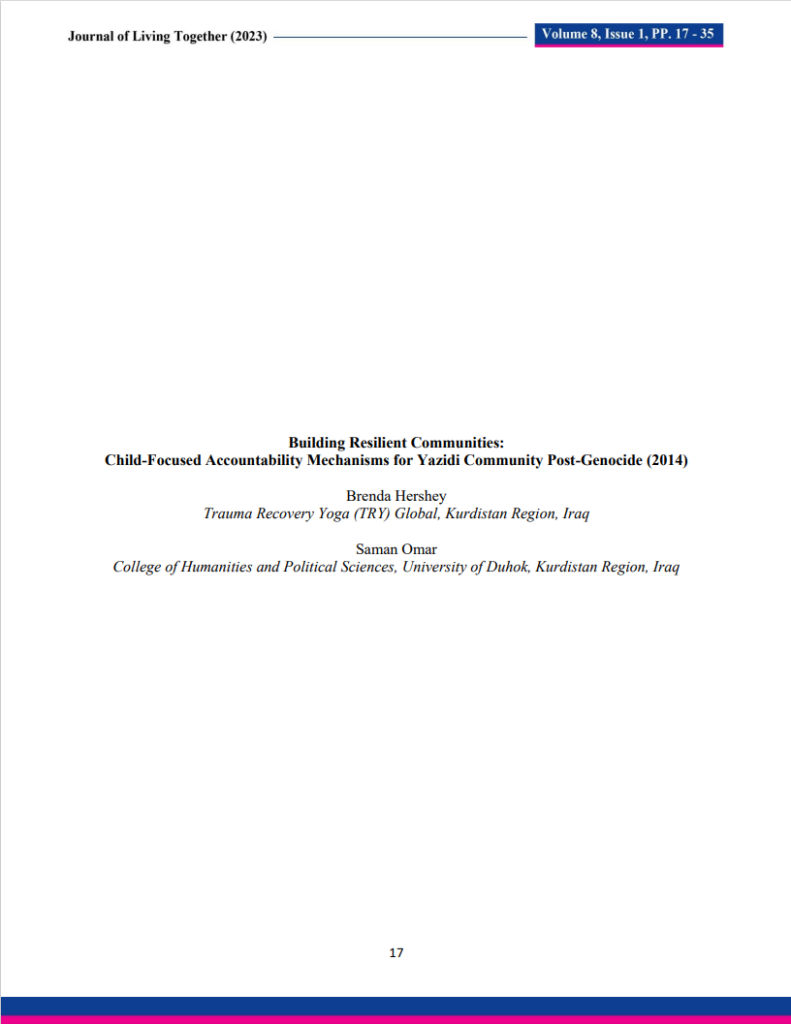2014 New Year Message from the Chairman of the Board
Esteemed ICERM Members,
With the closing of the year comes a time for reflection, celebration & promise. We reflect upon our purpose, celebrate our achievements, & enjoy the promise of bettering our service by learning from the good works that our mission inspires.
That which we give our energy to by way of our thoughts, words and actions, comes back to us in kind. And so, by the nature of our shared intentions, interests, and ideals, we find ourselves joined together for a common purpose. Like the early days of any endeavor, this year has been spent learning our way, gaining knowledge, and testing the waters. As the annual report will reflect, while we are still at the beginning of our journey, a great deal of ground has been covered and an astonishing array of initiatives has been embarked upon. All of which continues to guide our development and inform our plans for the future.
At no other time of year do so many people pause and consider their fellow man and the shared needs of the human family. So, it is fitting that at the dawn of a New Year that we renew our commitment to one another, to our mission, and to those in need, knowing that our potential is limited only by the boundaries of our collective experience, the insight and ingenuity we bring to bear, and the time that we are willing to invest.
In the coming months, we will continue to make ourselves available to those caught in the crossfire of violent conflict, to victims of such through no fault of their own, and to those who choose to harm one another driven by the hate born of misunderstanding. And, we will continue to share available information and useful tools to those who are committed to helping themselves and others by way of our growing library, databases, courses, online book reviews, radio broadcasts, seminars, conferences and consultation.
This is no small task, and the ICERM of 2014 will require our combined skills and talents if we are to dedicate the level of effort that such a vital mission deserves. I offer my sincere gratitude to each of you for the work that you have provided in 2013; your joint accomplishments speak for themselves. By benefit of the vision, inspiration, and compassion each of you are able to bring, we can expect great strides in the days ahead.
My sincerest good wishes to you and yours in the New Year & a prayer for peace.
Dianna Wuagneux, Ph.D., Chair, Board of Directors, International Center for Ethno-Religious Mediation (ICERM)


